Biological rhythm and Circadian rhythm are terms that are frequently used interchangeably. These rhythms are a collection of physical processes that your internal clock controls. They regulate a variety of cycles, including sleep and wakefulness, body temperature, hormone secretion, and others.
In reaction to your surroundings, your body regulates its biological cycles at the molecular level using a range of substances. Your biological cycles can be maintained or disturbed depending on your light exposure, eating habits, and other environmental stimuli.
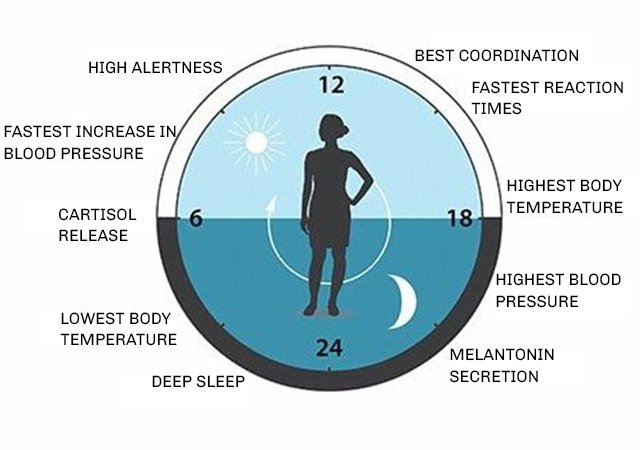
Your biological rhythms should not be disturbed for health reasons.
How Biological Rhythms Work
Your suprachiasmatic nucleus (SCN), a brain's internal clock, regulates your biological rhythms. It is in the hypothalamus of your body. Your brain's autonomic nervous system and pituitary gland are controlled by this region.
Your SCN transmits signals all day long to control how active your body is.
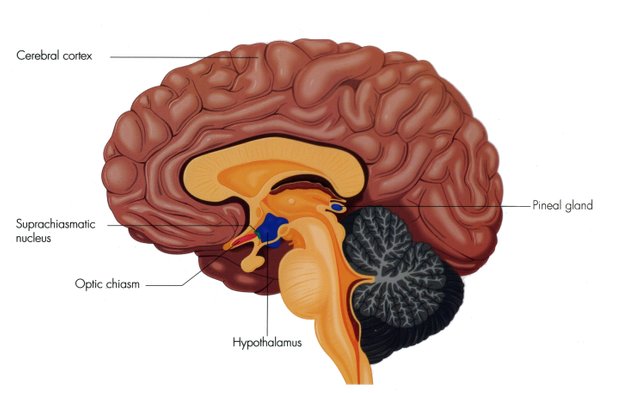
Most biological rhythms operate in cycles of about 24 hours. Others operate over longer time periods, such as menstrual cycles.
There are 4 types of biological rhythms:
- Diurnal (night and day)
- Circadian (24 hours)
- Ultradian (less than 24 hours)
- Infradian/Circalunar (1 month)
Light has the biggest impact on circadian and diurnal rhythms, which regulate processes like sleep, body temperature, and hormone changes. Your SCN receives information from the sun about the time and appropriate actions to take. Exercise, hormones, and any drugs you may be taking are additional elements that affect your internal clock.
Studies that put subjects in situations devoid of the stimuli needed for their circadian rhythms have demonstrated the influence of the internal clock. Your SCN can keep your body functioning for a while even in the absence of light cues by only slightly deviating from its typical 24-hour rhythms.
Studies have also demonstrated how the circadian rhythms of the body function even in complete darkness. Individual rhythms of persons barely minimally diverged from a precise 24-hour cycle even in the absence of light. The average circadian cycle of the population was between 23.5 and 24.6 hours.
People's individual chronotypes are to blame for these variations. They are thought to be the reason why certain people are either night owls or early risers, according to researchers.
What Do Biological Rhythms Affect?
The diurnal sleep-wake cycle is the primary biological rhythm about which most people are most concerned, as the most obvious cycle you experience on a regular basis, so your health is strongly impacted by it.
Your SNC transmits alertness messages to your body throughout the day as you are exposed to light cues, telling it that it is time to be awake.
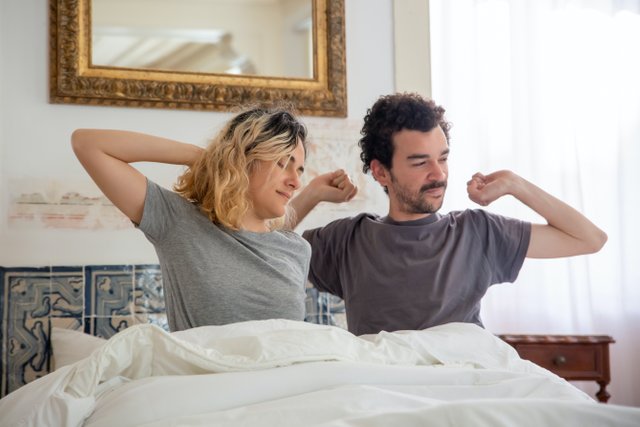
As the sun sets, your SNC sends a signal to your body's production of the sleep hormone melatonin. After that, it keeps telling your body to keep sleeping.
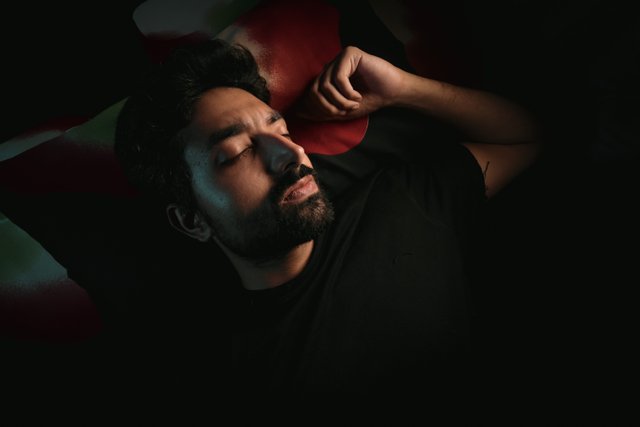
Your biological rhythms have an impact on significant functions than sleep, like:
- Appetite
- A heart rate
- Blood pressure
- Body temperature
- Hormone levels
- Alertness
- Urine generation
Blood sugar and cholesterol management, which are linked to risks for mental health problems like depression, bipolar disorder, and neurodegenerative illnesses, are also influenced by your biological cycles. Your immune system, DNA repair procedures, and the success of cancer treatment are all impacted by biological rhythms.
Potential Complications
Both temporary and permanent factors can interfere with your biological rhythms. These disturbances can occasionally be brought on by aging-related alterations to your biological rhythms. In other instances, it could be brought on by changes to your daily routine and surroundings.
Delayed Sleep Phase Syndrome (DSPS).
For night owls, this kind of disturbance is typically an issue. People with DSPS frequently fall asleep later than usual and become exhausted much later than the ordinary person. DSPS tends to affect teens and young adults and might make getting up for work or school more challenging.
Delayed sleep-wake phase disorder (DSWPD)
DSWPD is an uncommon disorder that prevents a person from having a regular sleep cycle. It can be indicated by irregular daytime naps or frequently varying bedtimes. Regular sleep-wake rhythm disorders are frequently linked to brain disorders like dementia or head injuries.
Jet lag
The most frequent interference with your biological cycles is jet lag. This happens when a person crosses numerous time zones, like when they fly between two far-off nations. Your internal clock becomes confused by the quick time zone changes. The number of time zones you cross will influence how long the effects of jet lag endure. Among them are:
- Insomnia
- General weariness or sleepiness
- Indigestion
- Irritability
- Focus deficit
Shifting job disorder
Another significant disturbance is work. As opposed to 9 to 5 employment, jobs that demand shift work frequently limits your exposure to normal daylight cycles. The main causes of this kind of interruption are shifts that start at night. Typically, they make you stay in bed during the day, which is in contrast with your natural rhythm.
Mood disorders
Conditions including depression, bipolar illness, and seasonal affective disorder(SAD) can all be brought on by a lack of sunlight.
How to Maintain Regular Biological Rhythms?
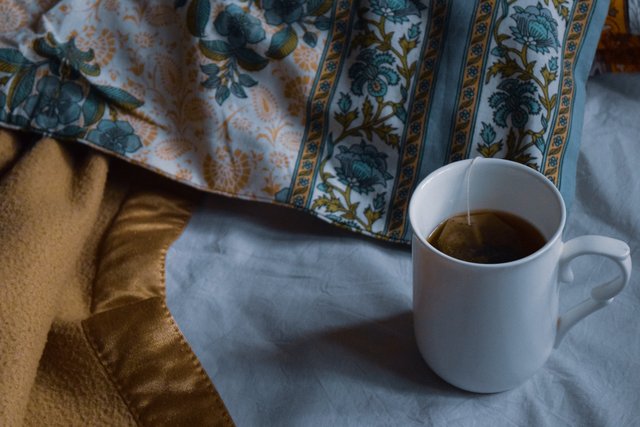
You can spot moments when you might need to deal with energy dips and sensations of afternoon tiredness by understanding biological rhythm abnormalities. The following are some examples of actions you can take at home to prevent alterations in biological rhythms:
Stay away from substances that are known to disrupt sleep shortly before bed like caffeine, alcohol, and nicotine.
Drink cold beverages like water or iced tea.
wherever feasible, maintain a consistent sleeping routine.
When it's light outside, take a quick stroll.
Spend 10 to 15 minutes "power napping."
During the day, turn on additional lights inside your house. On the other hand, dimming or turning off the lights at night can make you feel more sleepy.